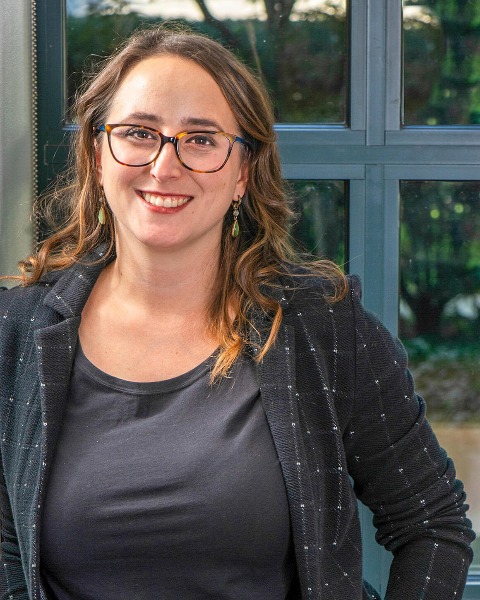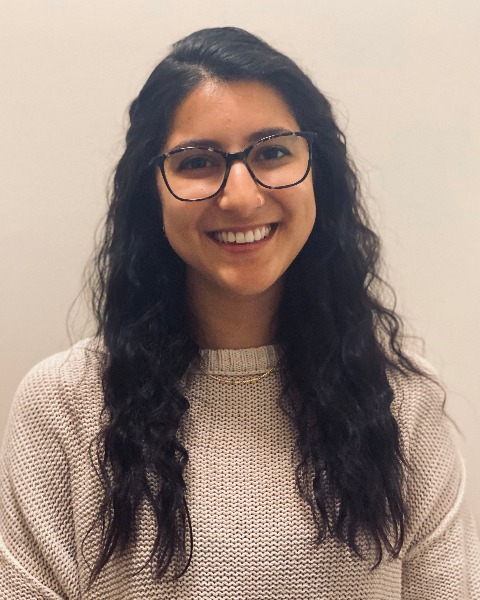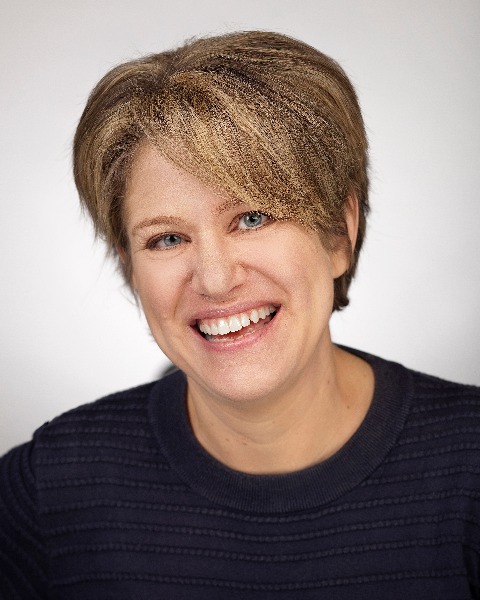Couples / Close Relationships
(PS5-A15) Pilot Test of a Preventive Relationship Skills Intervention Tailored to Couples’ Needs: The Chicago Relationship Skills Project

Hayley C. Fivecoat, Ph.D.
Clinical Research Psychologist
The Family Institute at Northwestern University
Evanston, Illinois- BM
Brenna Moore, Psy.D.
Staff Therapist
The Family Institute at Northwestern University
Evanston, Illinois - PW
Peter Walsh, None
Research Assistant
Northwestern University
Evanston, Illinois - MF
Michael Fickes, None
Research Assistant
Northwestern University
Evanston, Illinois - NS
Nina Sachs, B.A.
Research Assistant
Northwestern University
Evanston, Illinois - CG
Courtney Goldenberg, B.A.
Research Project Coordinator
The Family Institute at Northwestern University
Evanston, Illinois - EB
Elizabeth Bryant, B.A.
Research Assistant
Brown University
Evanston, Illinois 
Anjali Gottipaty, B.A.
Research Assistant
Brown University
Evanston, Illinois
Erika Lawrence, Ph.D.
Director of Translational Science & Research Professor
The Family Institute at Northwestern University
Evanston, Illinois
Author(s)
Co-Author(s)
Preventive relationship education programming holds the promise of preventing relationship distress and dissolution by helping couples build healthy relationship skills before relationship problems develop. Relationship education programming is already widely available to couples who wish to pursue it in the U.S., and there has been a push in the field to more closely tailor preventive relationship interventions to the couples who need them most.
Our research team sought to develop a novel relationship education program, the Chicago Relationship Skills Project, that fills several important gaps in currently relationship education programming. First, many relationship education programs tend to focus heavily on building conflict-management and problem-solving skills, and less so on other domains of relationship functioning. Thus, our team sought to develop a program that can target each of the five core domains of couple functioning (Lawrence et al., 2008), allowing us to address more positive or enjoyable aspects of relationship functioning (e.g., emotional intimacy) as well as more negative ones (conflict). Second, we sought to develop a program that is more closely tailored to the specific needs of couples, particularly by selecting a specific subset of relationship skills for each couple on based on a needs assessment, rather than using a “one size fits all” approach. Third, in alignment with current priorities in the field, we sought to reach and address the needs of couples from diverse backgrounds, and particularly low-income couples.
The Chicago Relationship Skills Project, currently in its pilot testing phase, recruits couples in early stages of relationships (1-5 years together) for a targeted program to build healthy relationship skills. Couples first complete a relationship assessment using the Relationship Quality Interview (Lawrence et al., 2011), which rates couple functioning in five domains: emotional intimacy, sexuality, partner support, respect and control, and conflict management. Couples are given feedback on their assessment, and are assigned to a skill building workshop in one of these areas of relationship functioning, based on where they show early signs of poor functioning. Couples then participate in two group workshop sessions across two weeks focused on relationship skill building, and a personal coaching session for each couple in the third week. We have recruited 52 couples to date, and recruitment is ongoing. In this poster presentation, we will present the initial findings of our pilot test of this couples intervention in the following areas: recruitment targets, workshop placement targets, and initial relationship outcome data.

